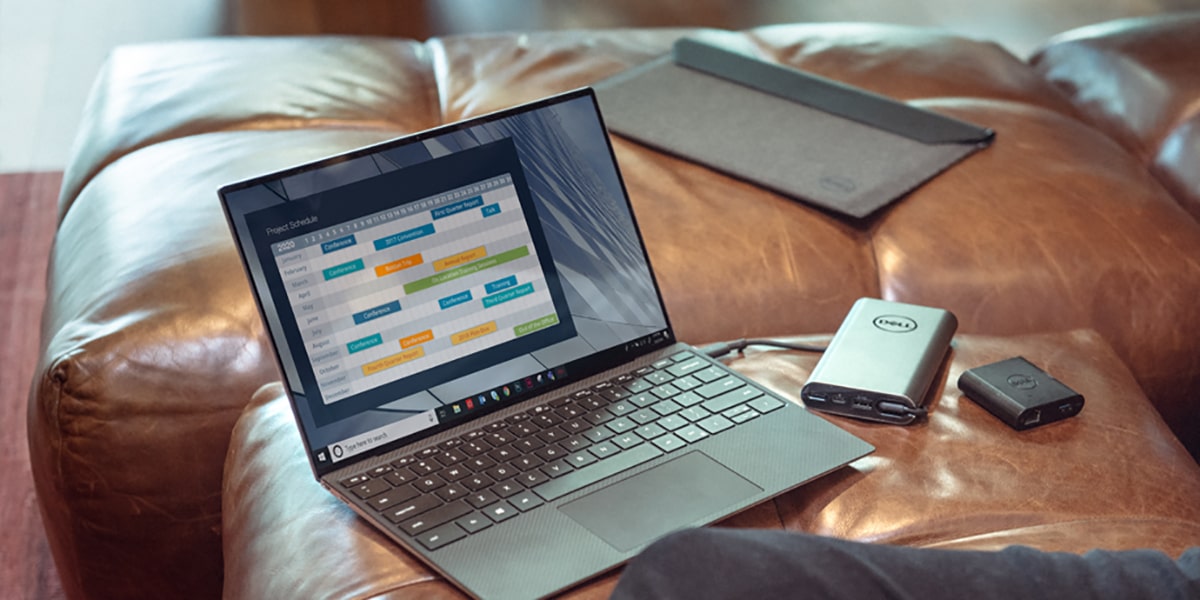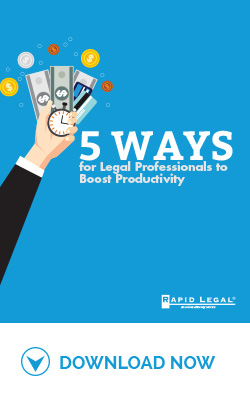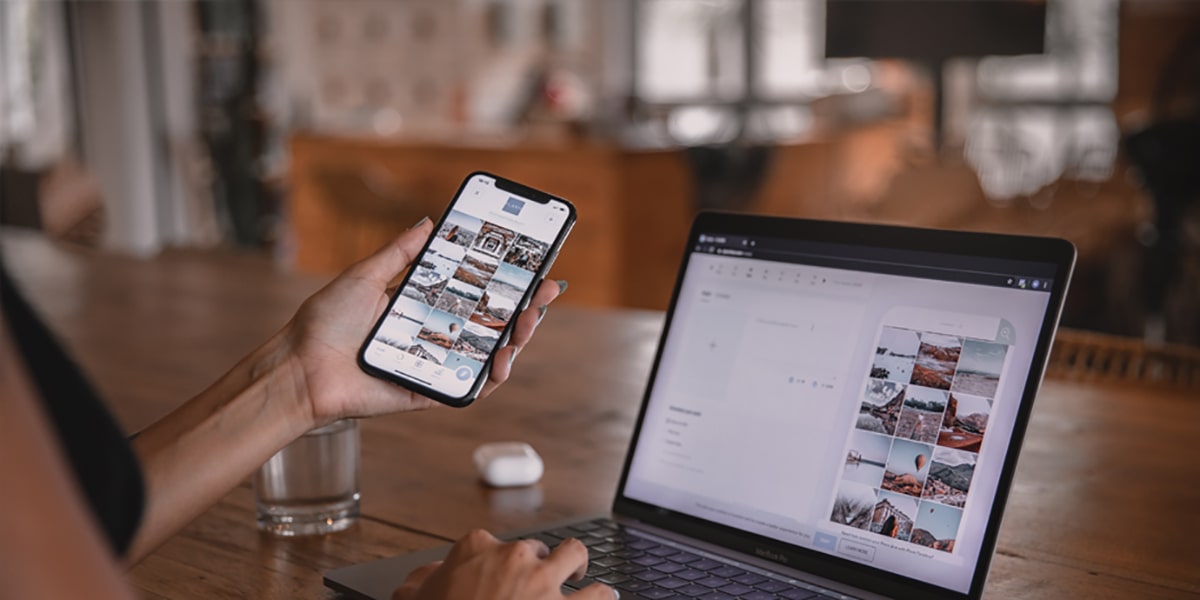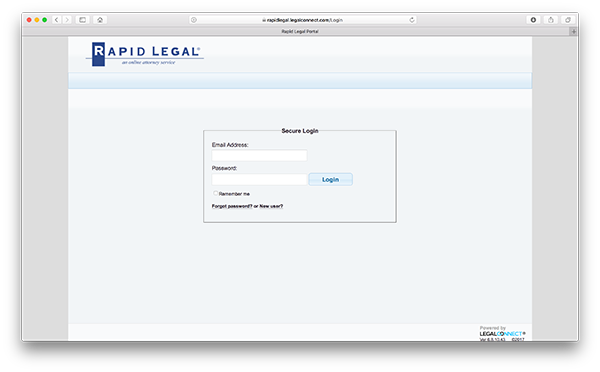California Court Holidays 2018

The California courts will be closed in observance of the following holidays:
- New Year’s Day: Mon, Jan 2
- Martin Luther King, Jr. Day: Mon, Jan 15
- Lincoln’s Birthday: Mon, Feb 12
- President’s Day: Mon, Feb 19
- César Chávez Day: Fri, Mar 30
- Memorial Day: Mon, May 28
- Independence Day: Wed, July 4
- Labor Day: Mon, Sept 3
- Columbus Day: Mon, Oct 8
- Veterans Day: Mon, Nov 12
- Thanksgiving Day: Thur, Nov 22
- Day after Thanksgiving: Fri, Nov 23
- Christmas Day: Tues, Dec 25
See the updated page with California Court Holiday Schedule 2022-2025
Adding a Website to Your Favorites or Bookmarks Bar


If you find yourself frequently visiting a website you can add it to your Favorites or Bookmarks bar for quicker access.
The Rapid Legal login page would be a perfect example of a website you may want to bookmark so it’s just a click away when you need it.
Add a bookmark to Chrome
- Open up the login page here Rapid Legal Login
- Click the star in the URL box. A box should pop up
- Click Done
Add a bookmark to Internet Explorer
- Open up the login page here Rapid Legal Login
- Click on the Favorites menu and choose Add to Favorites
- Click Add to save the website as a favorite
- Done
Add a bookmark to Apple Safari
- Open up the login page here Rapid Legal Login
- Click on the Bookmarks menu and choose Add Bookmark
- Click Add
- Done
Add a bookmark to Firefox
- Open up the login page here Rapid Legal Login
- Click on the Bookmarks menu and choose Bookmark this Page
- Click Add
- Done
Five Ways for Legal Professionals to Boost Productivity: Tip #4

Now that we’ve covered our first three ways for legal professionals to boost their productivity, let’s discuss the fourth way as we continue this blog article series.
Curtail multitasking.
 What?! You might be asking yourself. But I’m the master multitasker in the entire universe! Yes, I used to brandish that false badge of distinction until I learned I was but a mere mortal. In fact, when the vast majority of us multitask, our brain is simply switching from one task to another, not actually juggling both at the same time. The truth is many of us confuse multitasking with actual distraction.
What?! You might be asking yourself. But I’m the master multitasker in the entire universe! Yes, I used to brandish that false badge of distinction until I learned I was but a mere mortal. In fact, when the vast majority of us multitask, our brain is simply switching from one task to another, not actually juggling both at the same time. The truth is many of us confuse multitasking with actual distraction.
According to studies conducted by cognitive psychologist and attention expert, David Strayer, 98% of the population lack the cognitive abilities to juggle simultaneously two demanding tasks without pauses or errors. Other studies have even observed a fall in participant’s IQs when multitasking.
So what can you do? Focus on one thing at a time until it’s fully completed before moving on to the next.
To learn how, Download our eBook: 5 Ways for Legal Professionals to Boost Productivity.
Five Ways for Legal Professionals to Boost Productivity: Tip #3

Now that we’ve covered our first two ways for legal professionals to boost their productivity, let’s discuss the third way as we continue this blog article series.
Minimize distractions.
 Distractions are par for the course in the fast-paced, deadline driven legal environment, so learning to manage them is key. In fact, academic studies have found that office workers are interrupted or self-interrupt roughly every 3 minutes as a result of various digital and human factors. Worst yet, it can take up to 23 minutes for a worker to return to the original task. Another study conducted by McKinsey Global Institute found that office workers spend an average of 28% of their time reading and answering emails. That translates to over 2 hours per day or roughly 27 days per year. Yikes!
Distractions are par for the course in the fast-paced, deadline driven legal environment, so learning to manage them is key. In fact, academic studies have found that office workers are interrupted or self-interrupt roughly every 3 minutes as a result of various digital and human factors. Worst yet, it can take up to 23 minutes for a worker to return to the original task. Another study conducted by McKinsey Global Institute found that office workers spend an average of 28% of their time reading and answering emails. That translates to over 2 hours per day or roughly 27 days per year. Yikes!
We all experience it: you get a text on your smartphone, you hear a ping on your computer marking the arrival of a new email, you get a phone call and it’s a client who wants an update on their case; yes, distractions abound and they will never be eliminated.
However, there are certain things you can do to manage them rather than allow the distractions to manage you.
To learn how, Download our eBook: 5 Ways for Legal Professionals to Boost Productivity.
Five Ways for Legal Professionals to Boost Productivity: Tip #2

Let’s discuss the second way to improve productivity in the industrious legal environment as we continue this blog article series. To view our first post, click here.
Introduce structure – and eat the frog first.
 You’ve probably heard the expression, “work smarter, not harder.” Why? Because many of us fall into the trap of doing things the way we’ve always done them. Yes, our habits become our routine; good or bad, efficient or inefficient. We’ve often found that without a plan or a schedule, firefighting becomes the norm, things get dropped, procrastination sets in, productivity plummets and stress encroaches.
You’ve probably heard the expression, “work smarter, not harder.” Why? Because many of us fall into the trap of doing things the way we’ve always done them. Yes, our habits become our routine; good or bad, efficient or inefficient. We’ve often found that without a plan or a schedule, firefighting becomes the norm, things get dropped, procrastination sets in, productivity plummets and stress encroaches.
Introducing structure to your day such as creating a schedule – a to-do list doesn’t count – will help you stay organized and on task. For instance, if you’re a paralegal, your workday schedule might look something like this: answer emails and make phone calls, block out time for planning and legal work such as conducting research or drafting correspondence and pleadings, block out one hour for unexpected requests, check email again, phone calls again, then done for the day. Your calendar is a great place to do this.

Indeed, scheduling your day by putting tasks into your calendar enables you to get more done and set expectations about what can be accomplished with the amount of production time you have available. As Matthew Toren of Entreprenuer.com says, “when you focus too heavily on the act of doing over the brilliance of planning, you can be spinning your wheels with a lot of extra activities that are highly inefficient or aren’t driving any real results.”
And what about those frogs? There’s an old saying, “Eat a live frog first thing in the morning and nothing worse will happen to you the rest of the day.” Brian Tracy, in his book, Eat That Frog!, shares that you should eat frogs – the most important tasks or things you don’t want to do, but actually need to – first thing in the morning to fuel your energy and momentum for the rest of the day. Yes, frogs are often the ugly, unpleasant tasks.
Have more than one frog? Conquer the ugliest one first lest it become victim to procrastination. Plus, eating your frogs first leaves you free to do the things that you enjoy doing.
Interested in reading more tips on productivity? Download our eBook: 5 Ways for Legal Professionals to Boost Productivity.
Five Ways for Legal Professionals to Boost Productivity: Tip #1

Distractions. Interruptions. Time stealers. Let’s face it, whether or not we realize it, we all experience these pesky diversions to productivity. Look around you – you’ll likely be met with stacks of papers, ringing phones, incoming emails, chatty co-workers and more. Indeed, distractions abound.
So how do you improve your productivity in the industrious law firm or legal department environment?
In this blog article series, we offer 5 foolproof ways to get started:
1. Focus on the right things.
2. Introduce structure – and eat the frogs first.
3. Minimize distractions.
4. Curtail multitasking.
5. Leverage technology.
Which leads us to…
Focus on the right things.
 Learning to become really efficient at completing a task doesn’t matter much if that task doesn’t help you meet your goals or drive results. In other words, any tip here is virtually useless if you’re not focusing on the right things. Does internally filing documents throughout the day or responding to emails as soon as they hit your inbox help to move your law firm practice forward, help you meet your goals or really make a substantial impact? Probably not. That’s why this step – to focus on the right things – is so critical.
Learning to become really efficient at completing a task doesn’t matter much if that task doesn’t help you meet your goals or drive results. In other words, any tip here is virtually useless if you’re not focusing on the right things. Does internally filing documents throughout the day or responding to emails as soon as they hit your inbox help to move your law firm practice forward, help you meet your goals or really make a substantial impact? Probably not. That’s why this step – to focus on the right things – is so critical.
Consider this sage advice: perhaps the most productive thing you can do, if nothing else, is to eliminate non-value add “filler” tasks that don’t contribute to driving results. Audit your to-do list or take an inventory of your daily habits and routine to discern whether or not you’re focused on the right things. If you’re saying, “but it’s my job to do some of these things” then your goal might be to reduce them or better manage them by scheduling these tasks during a time that you typically experience a productivity lull, say 3 o’clock in the afternoon…
Interested in reading more tips on productivity? Download our eBook: 5 Ways for Legal Professionals to Boost Productivity.
The Mediation Brief: What to Leave In and What to Leave Out

By JAN FRANKEL SCHAU // Panel Neutral with ADR Services
Many attorneys are reticent about filing a mediation brief for fear that confidential communications meant only for the mediator will be accidentally disclosed to the opposing party. Fear not! Rapid legal can make sure that your brief is delivered into the hands of the trusted mediator herself within her stated filing schedule and you can simply bring a different version for the opposing party on the day of the mediation.
The mediator will want a basic synopsis of the facts, the key legal issues still in dispute and a brief history of settlement negotiations up until that date. Most mediators don’t object to your brief being sent via email, but generally when you want the mediator to have the advantage of reviewing the exhibits and critical evidence which will make or break your case, you need a delivery service who you can trust to get it there. And you want to make sure that the weight of the evidence is in the mediator’s hands at least 1 week before, because busy mediators won’t have time to review your documents unless they can take them home over a weekend. This means keeping the information and writing crisp and direct, and highlighting the key evidence and documents wherever possible. Don’t simply send them whole deposition transcripts without directing them to the crucial testimony within.
The brief you prepare for opposing counsel can be more of a legal argument as to why your claims or defenses are likely to influence how the case can ultimately be resolved. In that one, you can (and should) always close with a line about “looking forward to resolving the matter” at the mediation—no matter how strident your arguments are before then. Opening the door to negotiation before the mediation begins is the best way to let air in so that you are most likely positioned to avail yourself and your client of this golden window of opportunity!
For more insight into what the contents of the brief should be in a particular scenario, contact your mediator or our guest blogger, Jan Frankel Schau, at JFSchau@adrservices.org. You can also follow Jan Schau’s blog at: www.schaumediation.com/blog.
